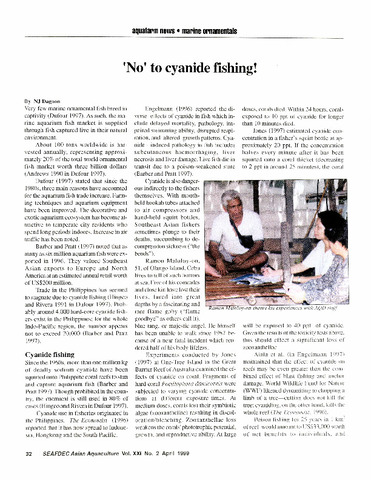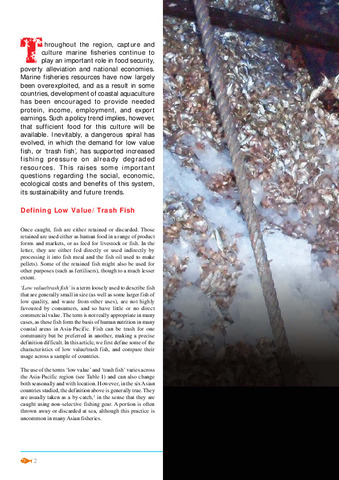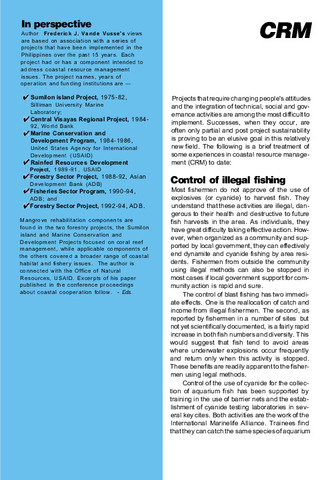Cost–profit Analysis of Japanese-type Set-net through Technology Transfer in Rayong, Thailand

Quan điểm/
Request this document
Ngày
2011Tác giả
Page views
396metadata
Hiển thị bản ghi đầy đủ mặt hàngCited times in Scopus
Share
trừu tượng
The Japanese type of set-net, Otoshi-ami, was introduced to Thailand in 2003 with the aim of assessing its feasibility as a sustainable coastal fisheries management tool for the empowerment of coastal fishers’ communities. All preparations for constructing and installing the set-net in the coastal waters off Mae Rumpheung beach, Rayong Province, Thailand, were carried out by local fishers, with technical advice and support from national and international institutions. The gear was modified and developed to suit the conditions of the fishing ground and target species. Data on the catch and sales trends in Rayong using the set-net were collected for 7 years for statistical analysis; during this period, the gear design and marketing strategies were improved. Simulation analysis for evaluating the cost–profit bases was conducted to establish a model for set-net technology transfer in Southeast Asia, based on differing numbers of fishers and operation days. The simulation results show the required size of the average daily catch to cover the total cost according to the average unit price, where the economic return point is an average catch of 128 kg, based on a unit price of 25 Baht/kg (0.83 USD/kg), with ten fishermen and a daily operation cost of 3,200 Baht (USD 106.17).
Suggested Citation
Manajit, N., Arimoto, T., Baba, O., Takeda, S., Munprasit, A., & Phuttharaksa, K. (2011). Cost–profit Analysis of Japanese-type Set-net through Technology Transfer in Rayong, Thailand. Fisheries Science , 77(4), 447-454. https://doi.org/10.1007/s12562-011-0348-5
Chủ thể
Bộ sưu tập
- TD Journal Articles [11]
Related items
Showing items related by title, author, creator and subject.
-
'No' to cyanide fishing!
Dagoon, N. J. (Aquaculture Department, Southeast Asian Fisheries Development Center, 1999) -
Prized commodity: Low value/trash fish from marine fisheries in the Asia-pacific region
Staples, Derek; Funge-Smith, Simon (Secretariat, Southeast Asian Fisheries Development Center, 2005)The use of the terms 'low value' and 'trash fish' varies across the Asia-Pacific region and can also change both seasonally and with location. This article defines low value/trash fish as 'Fish that have a low commercial ... -
CRM in the Philippines: Lessons learned
Southeast Asian Fisheries Development Center, Aquaculture Department (Aquaculture Department, Southeast Asian Fisheries Development Center, 1996)Philippine coastal communities can become capable fishery resource managers and that their management practices can become largely self-sustaining if the project approach focuses on assisting fishermen to learn how to help ...




